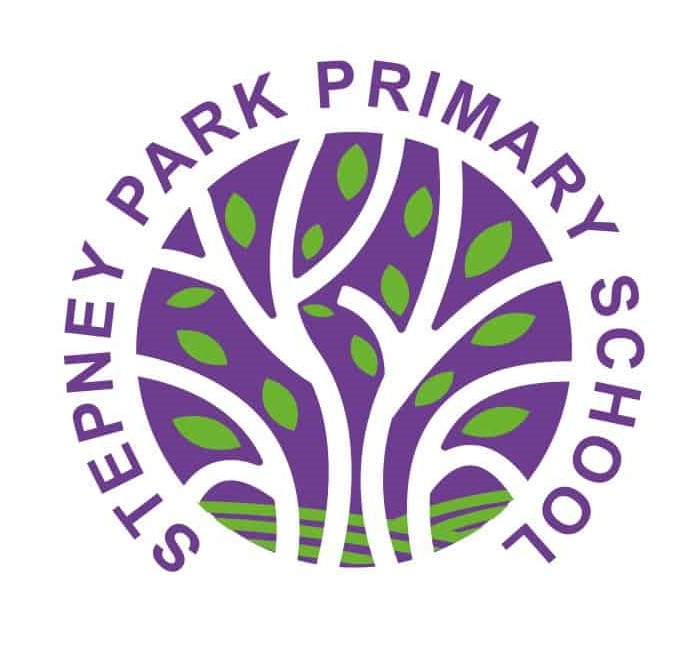Curriculum
Our curriculum at Stepney Park is broad and balanced and ensures children develop the knowledge and skills not only to succeed in later education but also to provide a foundation in learning that will stand them in good stead for their future wellbeing and prosperity. At the heart of our curriculum is a drive to develop children’s communication skills. Naturally, this involves excellent teaching of reading and writing, but it extends far beyond this. Our curriculum systematically builds children’s vocabulary, supports them in expressing their ideas and responding to others’, develops their articulacy and helps them understand what it means to communicate well in a given discipline, for example in science or history.
Our Wider Curriculum
At Stepney Park, we aim to provide an excellent education in the broadest possible sense. As such, children’s personal development is a major aspect of our work. This includes enrichment through special days, our woodlands provision, trips and visitors, clubs, competitions and performances. You can read more about how we support children’s personal development here.
Further information
If you would like to find out more about our curriculum, you can do so by emailing the school's admin team (admin@stepneypark.towerhamlets.sch.uk), who will ensure that your message is passed on to the member of staff most appropriate to answer your enquiry. Alternatively, parents are free to discuss any questions about the curriculum with teachers at the end of the school day.
